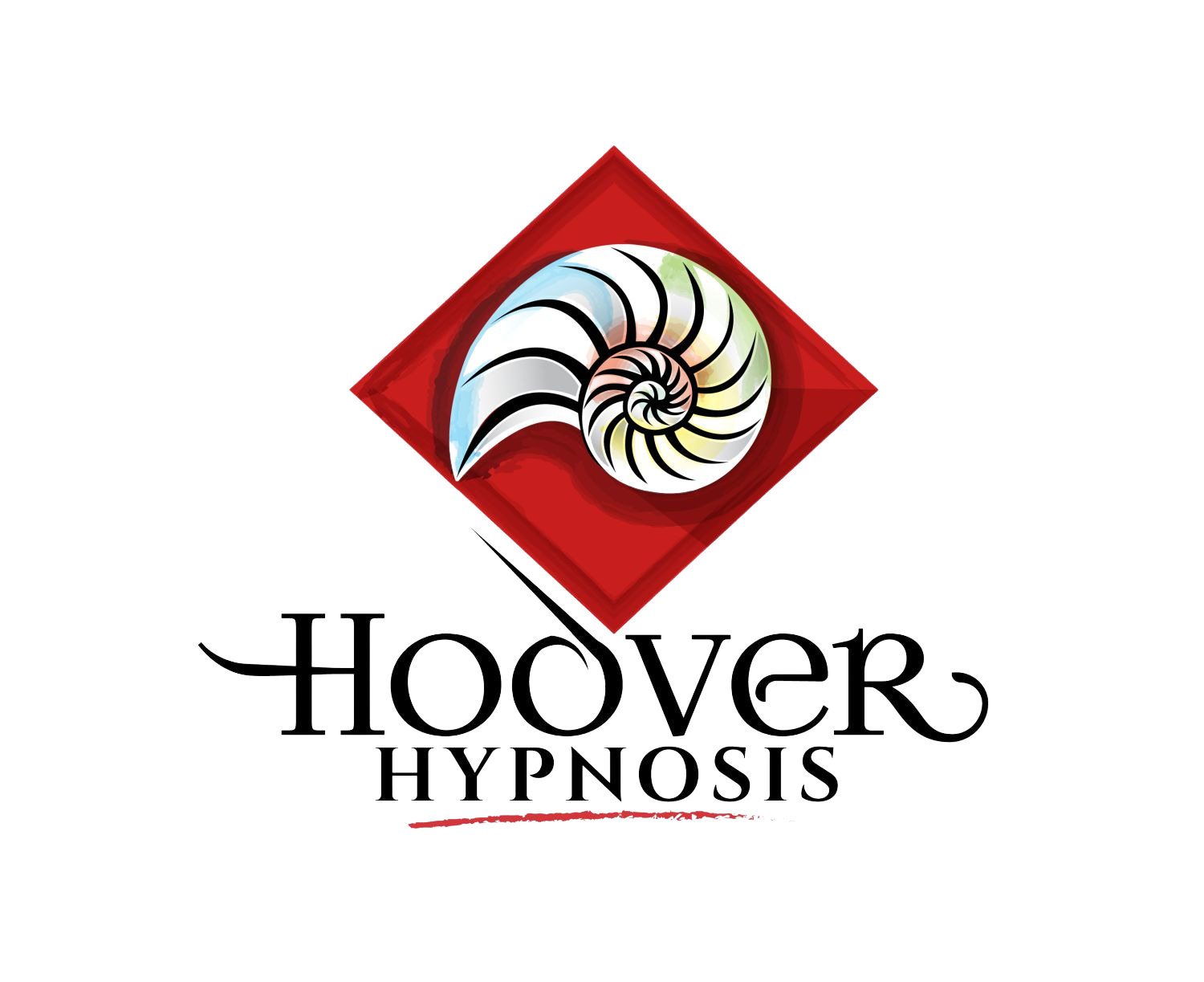
Hypnosis or Conventional Counseling?
Hypnosis may be the best option if you are looking for a form of help that is non-invasive, relaxing, and can help you access the subconscious mind (concept discussed below). It can also be used to address issues such as stress, fears, pain management and more. Conventional counseling may be better suited for those who prefer talking about their problems in a structured environment with a qualified therapist. Ultimately it's best to discuss your options with a both types of professionals before making any final decisions.
How is Hypnosis Different?
Of course, there is discussion with the hypnosis practitioner, beyond discussing issues and the process hypnosis can help you access your subconscious mind, which is where our beliefs and behaviors are formed. By accessing this part of the brain, hypnosis can be used to change old habits and create new ones that will serve you in a positive way. Hypnosis can also help reduce stress levels, improve sleep quality, increase motivation and self-confidence, reduce pain or discomfort associated with physical ailments, as well as help you overcome phobias or anxieties.
Conscious vs Subconscious Mind
The model of the mind that many hypnotists operate from is a functional concept of the mind consisting of a conscious part and a subconscious part. To differentiate between the conscious and the subconscious mind, the conscious mind is the part of your brain that you are aware of. The conscious mind is the active part of our brain that uses reason, logic and analytical thought to understand the world around us. It is responsible for problem solving, decision making and conscious awareness.
The subconscious mind is an unconscious part of the brain that stores memories and beliefs that have been acquired over a lifetime. It does not rely on logic or reasoning but instead processes data from past experiences to form opinions and make decisions based on what has already been learned. The subconscious also influences behavior in ways we are unaware of, such as forming habits or emotional responses without consciously thinking about them first.
Consideration for the Number of Sessions
How many sessions would I expect to need for hypnosis versus conventional counseling? The number of sessions needed for hypnotherapy versus conventional counseling depends on the individual, their needs and goals. Generally speaking, however, it is suggested that a person undergoing hypnosis should have at least 4-6 (not a hard fast number!) sessions while someone receiving conventional counseling may require 8-12 sessions or more to see results for a rough comparison.

Notice
Results may vary from person to person. We guarantee the very best service using current information and appropriate hypnotic techniques for your situation. Hypnosis and hypnotherapy are not meant to diagnose or treat any disease, but rather it is intended to provide information, education, and motivation that will help to you live to your best potential and guide you toward being more effective in helping yourself.
Hypnosis delivers solid results. Hypnosis is not a replacement for psychotherapy or medical treatment. Although Jeff Ballard is a Certified Hypnotist, he is not a doctor or psychotherapist and does not diagnose or treat mental or physical illness. Contact your physician or a licensed mental health professional as appropriate.